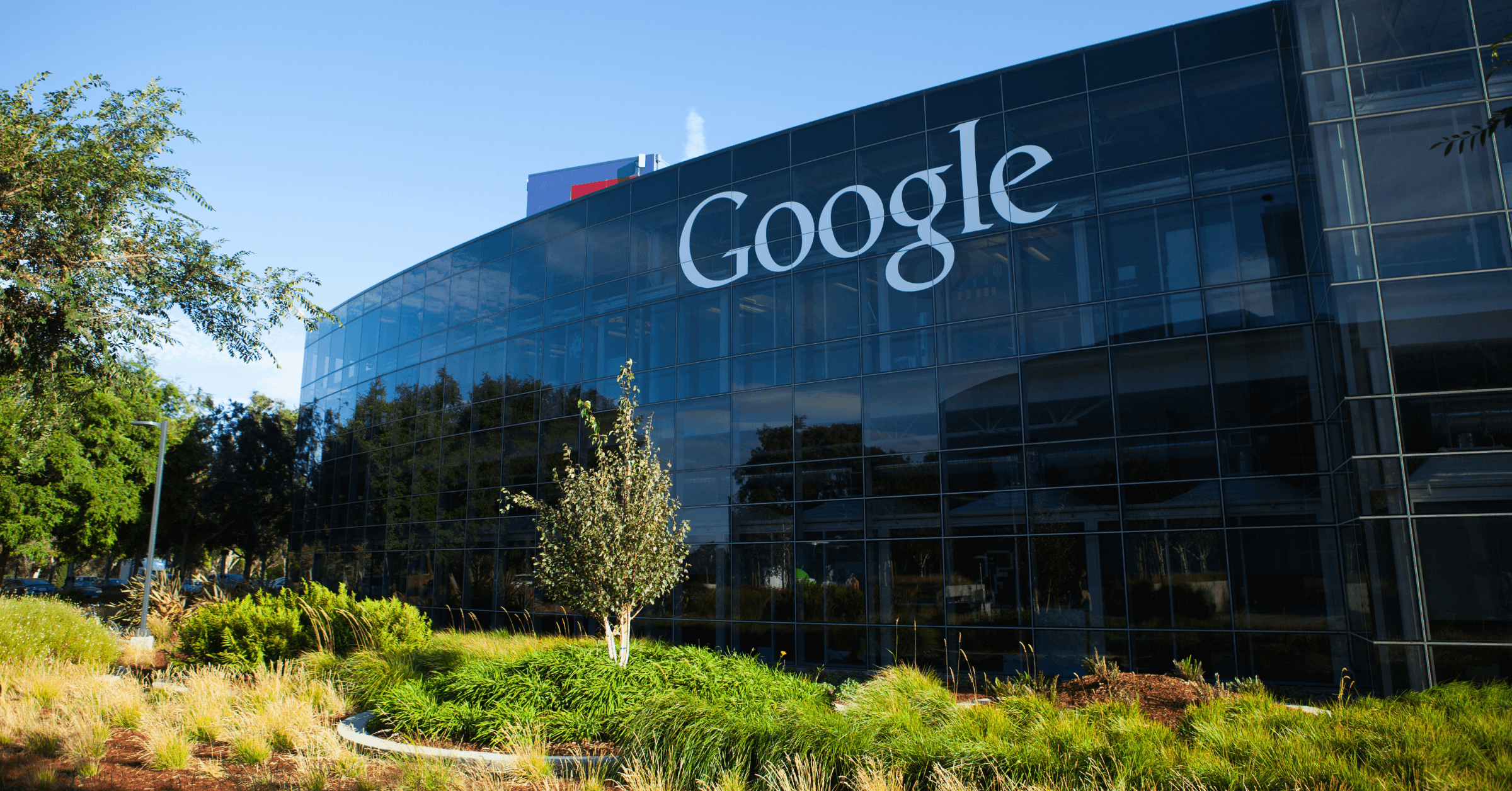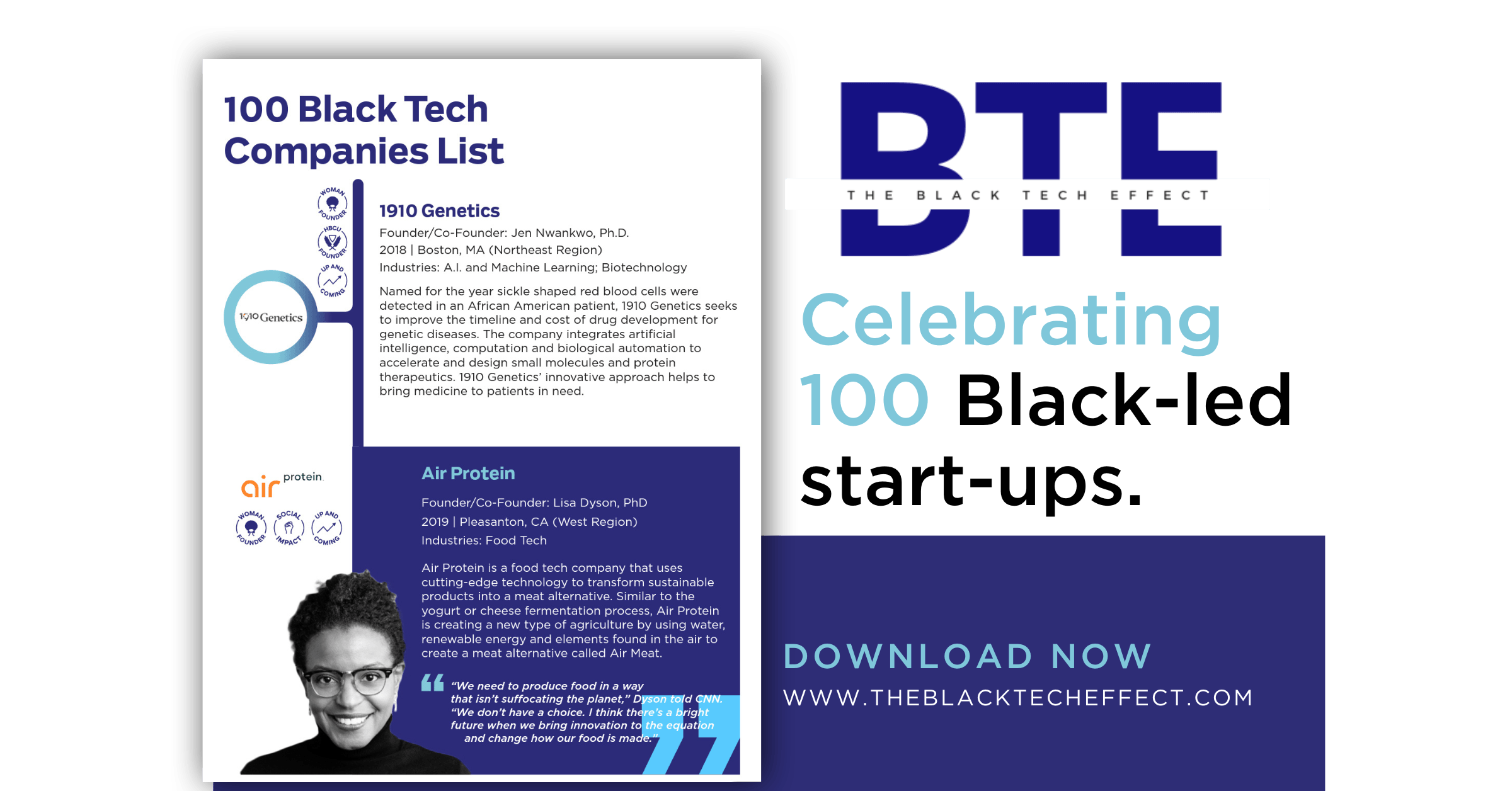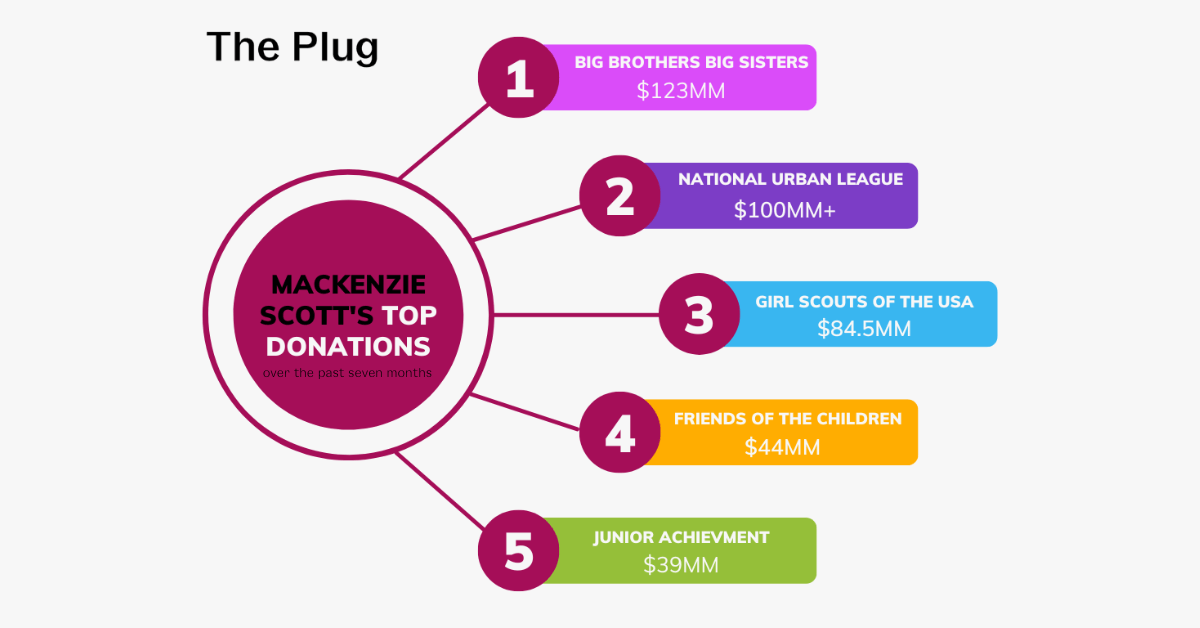KEY INSIGHTS
- The current share of Black talent in technical roles has increased just 0.6 percent since 2018.
- Fewer Black students are earning computer science degrees than six years ago.
- The report suggests major changes in the private and public sectors to fundamentally change the system so that Black people are truly represented in the tech workforce.
Despite years of lofty commitments and massive pledges to diversify the tech industry, not only has progress not been made but in some cases, previous gains have been undone, according to a new report from the non-profit Kapor Center and the NAACP.
“Unfortunately, it didn’t shock me,” Rachel Goins, Director of Implementation at the Kapor Center and a co-author of State of Tech Diversity: The Black Tech Ecosystem, told The Plug.
In 2018, the Kapor Center released its Leaky Tech Pipeline Report highlighting the ways there are systemic barriers that block Black people from getting into tech at every point of the pipeline: pre K-12, higher education, the tech workforce and tech entrepreneurship.
This new report shows how those leaks have not been plugged. The current share of Black talent in technical roles has increased just 0.6 percent since 2018 — less than a percentage point.
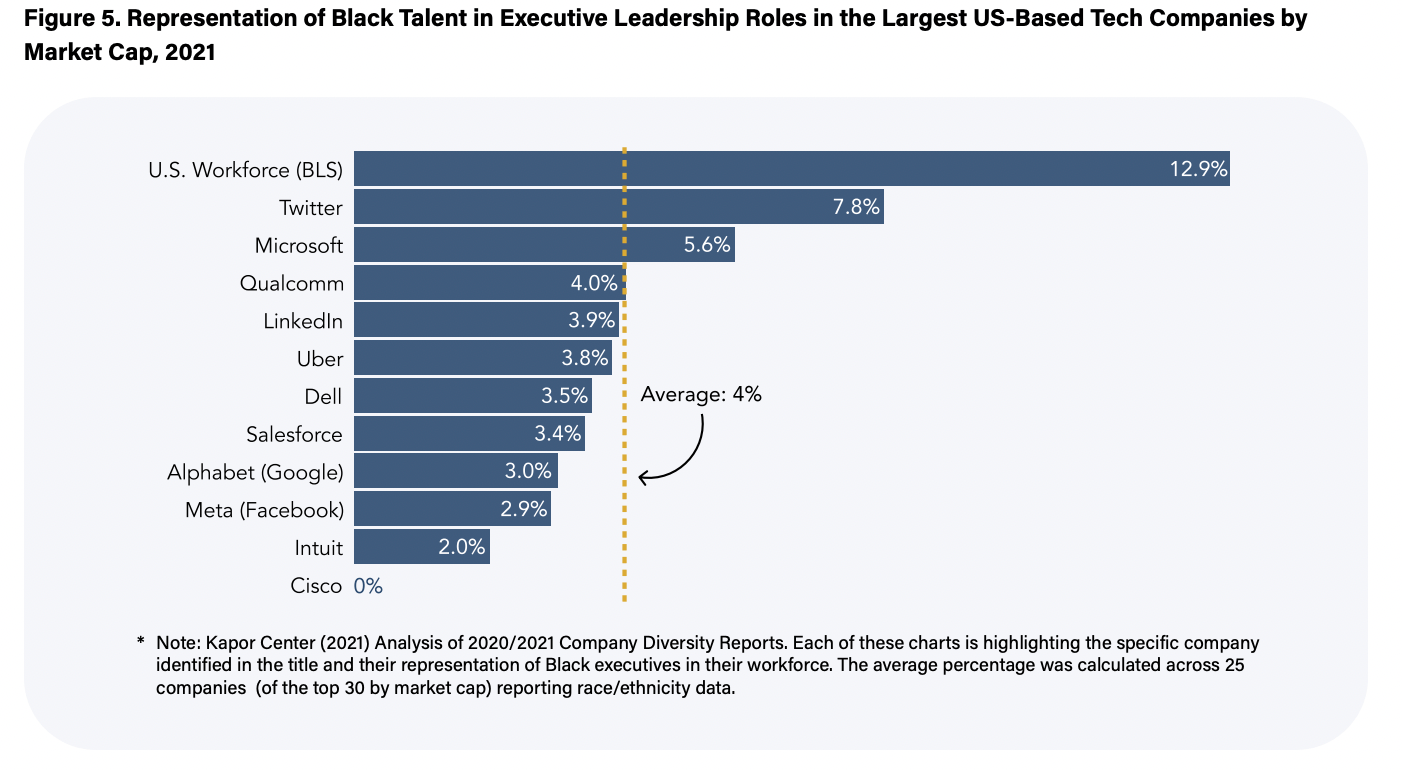
Fewer Black students now are earning computer science degrees than six years ago. The proportion of Black students receiving computer science degrees decreased from nine percent to eight percent from 2016 to 2020, while the overall share of computer science degrees earned increased.
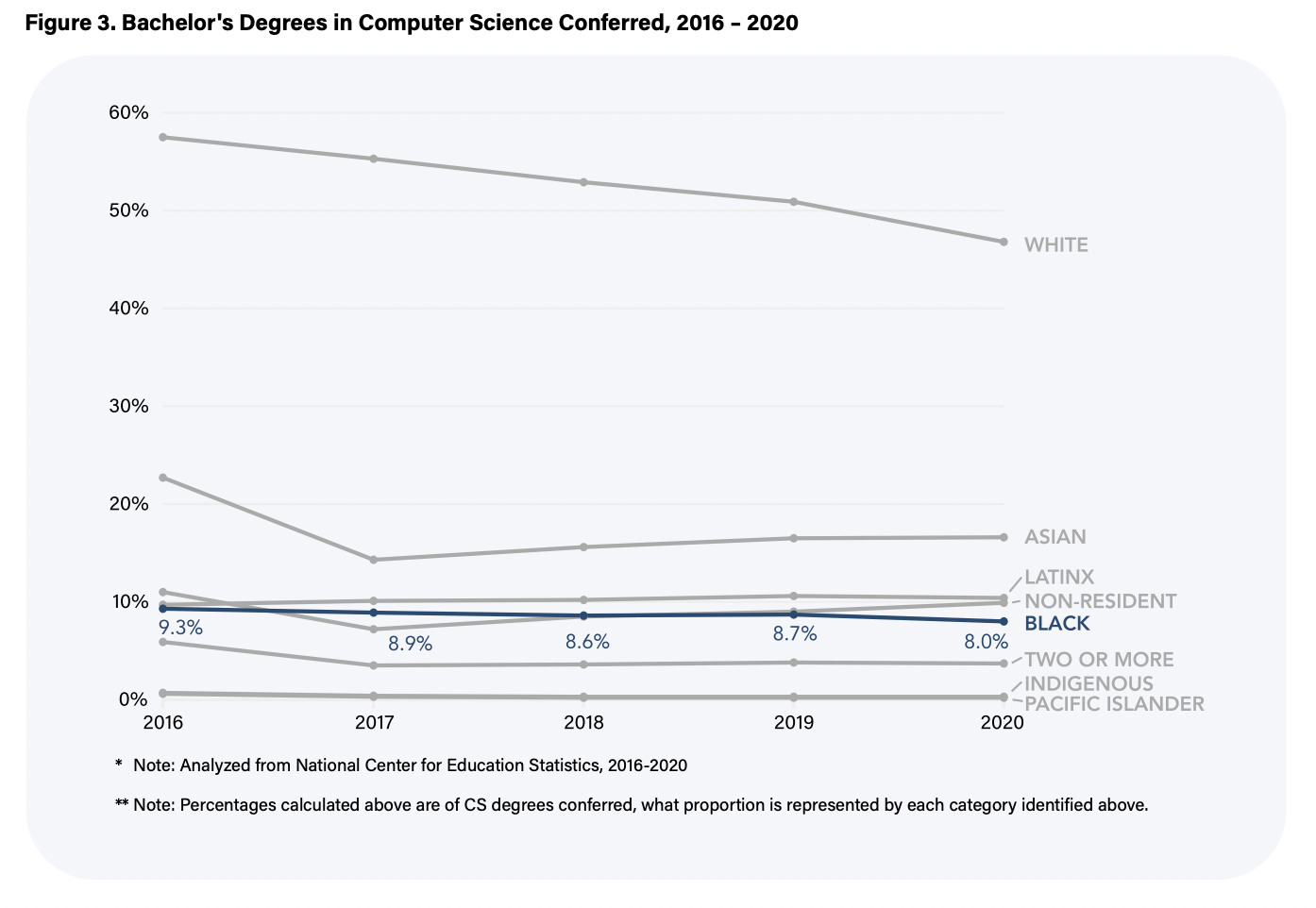
People often think the issues with the talent pipeline are with Black people themselves and their deficiencies, Goins said.
“Folks saying things like ‘Oh, Black kids just aren’t interested in STEM or computer science’ and we know for a fact that that is not true,” she continued.
The report found that funding inequities in secondary and postsecondary education, lack of access to preparatory Advanced Placement classes in high school and inadequate broadband infrastructure all are obstacles for students.
In 2020, HBCUs — which represent just three percent of U.S. colleges — were responsible for graduating 10 percent of Black computer science majors, according to the report.
These schools, however, have been systematically underfunded. An analysis by The Plug found that the combined value of all HBCU endowments in 2020 was just 11 percent of Harvard University’s endowment in 2020.
Community colleges are also important parts of the Black tech pipeline. More than a third of Black students enter the tech career path through two-year programs, yet they receive $8,800 less per student than their four-year counterparts.
Goins, who is a Howard University graduate herself, said another issue affecting how many Black students receive computer science degrees is a culture of gatekeeping.
“The idea is like ‘Oh, you know, these kids just don’t have the skills when they get to post-secondary, they just can’t cut it.’ And then put that with the research that says, actually, you gatekeep these students from being able to even get into computer science majors and then when they get in there, you terrorize them and run them out,” she explained.
All of this means Black people, who are already disproportionately being impacted by displacement due to automation, are being left out of the future of work.
Though there are alternative pathways to upskill a worker and get them into the tech workforce through boot camps and apprenticeships, even those can be prohibitively expensive and can have a much lower rate of Black participation.
On the tech startup side, disparities in how venture capital is allocated and the typically smaller size of Black-led funds means that the entrepreneurship piece of the Black tech pipeline is also fraught.
Between February 2020 and February 2021, Black founders received just 1.3 percent of $288 billion of venture capital deployed, the report found.
But this lack of progress is not for lack of talent. Goins thinks the backslide in gains may be caused by systems “snapping back,” the fact that a system is always going to naturally regress back to its normal function or state. “We know that tech has been white supremacist and anti-Black. Success isn’t just about changing a metric. You also have to be thoughtful about snapback. How are you making sure that you’re going to protect those gains and maintain them?” she said.
The report proposes major changes in the private and public sectors on data privacy, algorithmic bias, worker protections and antitrust regulation as ways to fundamentally change the system so that Black people are truly protected and represented in the tech workforce.
Editor’s note: An open-source database on HBCU endowments created by The Plug was used as a source for the State of Tech Diversity: The Black Tech Ecosystem report.


